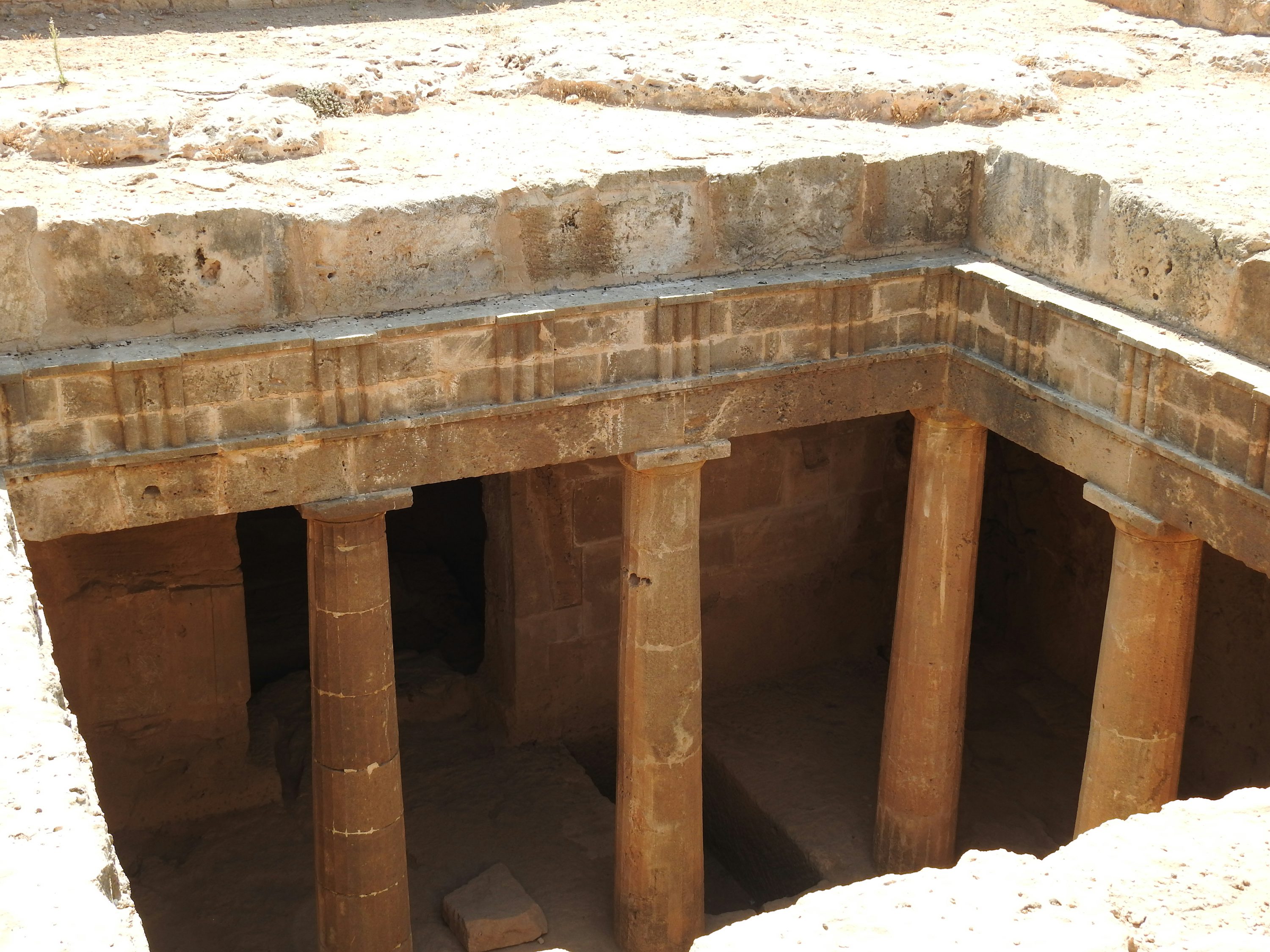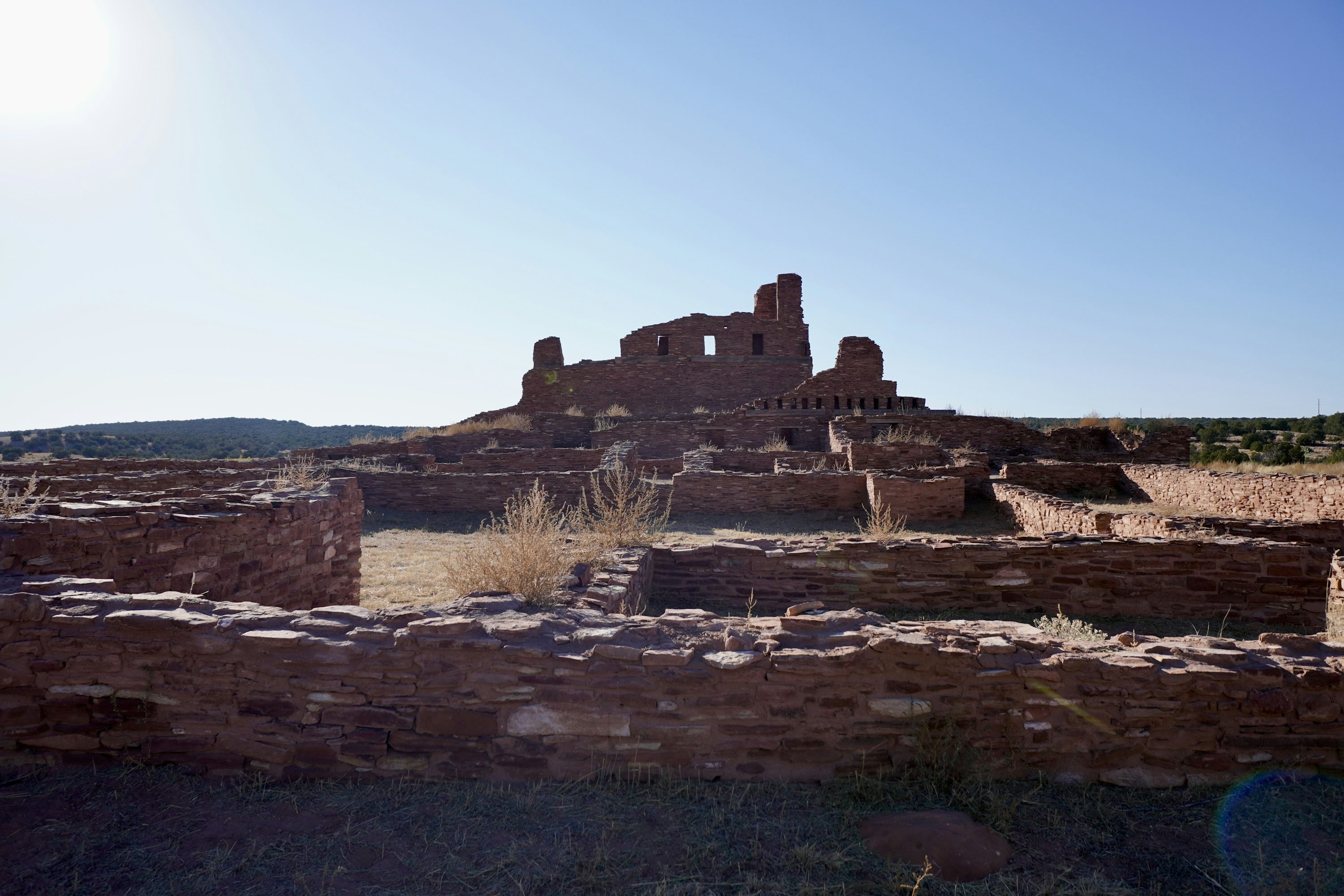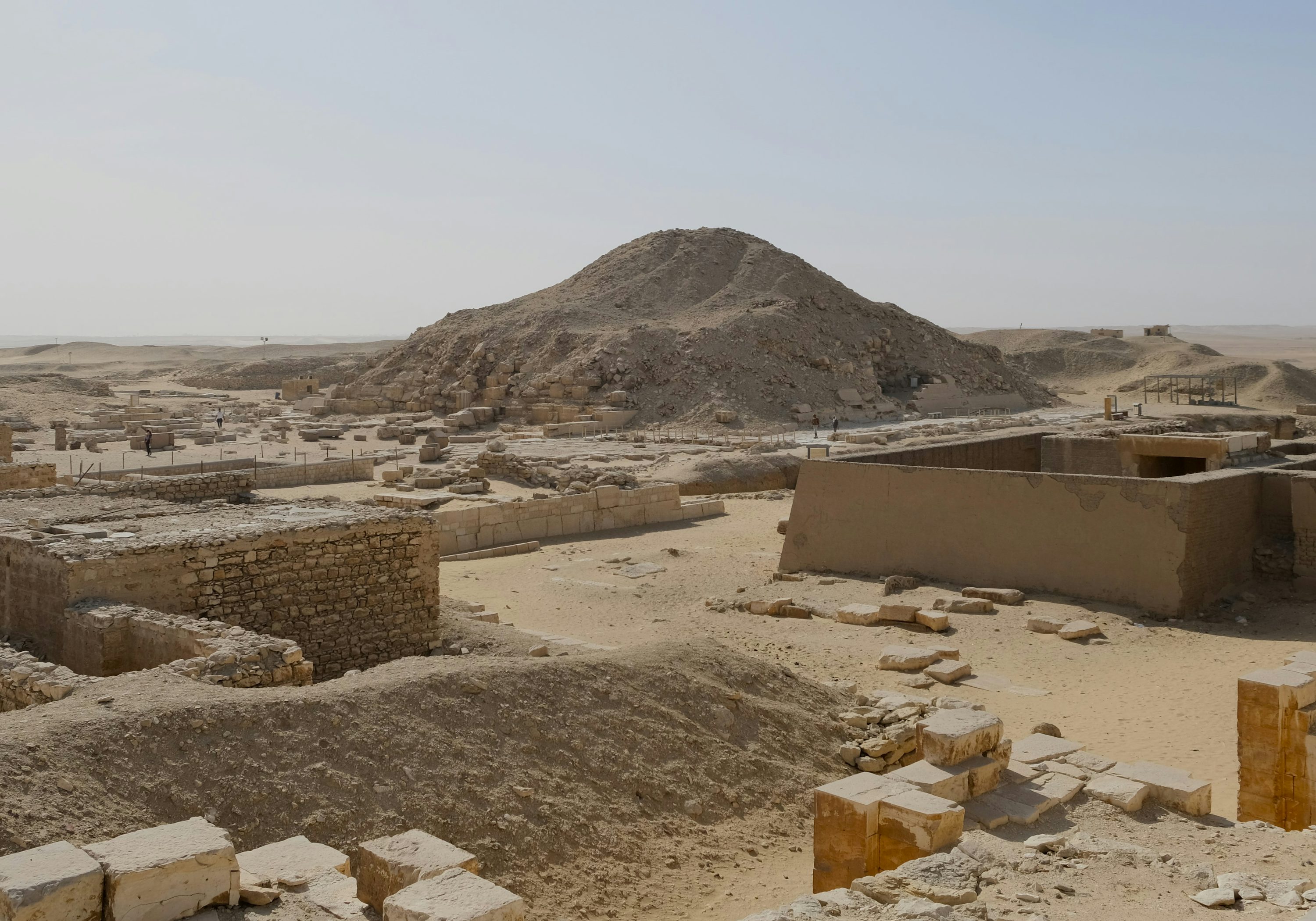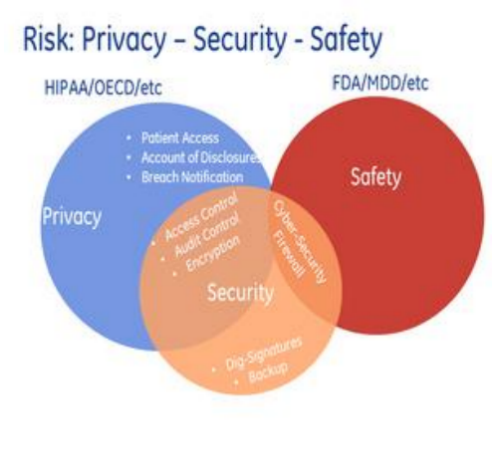Archaeologists are dancing with unpredictable risks while lifting the veil of historical dust all over the world. From the enclosed space in the Egyptian Pharaoh's mausoleum to the depths of the ruins of Babylon in Iraq, there are many risks hidden in these unknown journeys. Archaeological exploration has never been a simple academic trip, but a game with nature, history and unknown forces. Archaeologists may encounter the threat of collapsed earth structures, sudden groundwater infiltration and even ancient germs when excavating. Not to mention that in the ruins of the ancient city of palmira, the archaeological team was forced to evacuate because of the war, precious cultural relics were destroyed by the war, equipment was lost, and decades of research results were wasted.

In the Atacama Desert of Chile, when archaeologists excavated a prehistoric human settlement site, a sudden sandstorm destroyed some of the excavation sites, and the sophisticated carbon-14 dating equipment was buried, and the repair cost was as high as hundreds of thousands of euros. Fortunately, the team insured the archaeological project property insurance, and the insurance company quickly started the claim settlement procedure, which not only covered the equipment maintenance costs, but also funded the subsequent cultural relics protection work. This professional insurance product provides double protection for cultural relics, equipment and data in archaeological sites, and has become an indispensable risk management tool for modern archaeology.
The archaeological team of Trier University in Germany accidentally discovered a set of well-preserved medieval miners' tools when excavating the copper mine site in Delegica, Romania. Just as the scholars were preparing to transport these cultural relics to the laboratory, a traffic accident happened during the transportation. Thanks to the cultural relics transportation insurance insured by the team, the insurance company not only bears the repair costs, but also funds the construction of temporary cultural relics protection laboratories. This case highlights the accurate coverage of archaeological insurance-every link from the excavation site to the laboratory is included in the scope of protection.

When British archaeologists studied the structure of the ancient Roman theater at the site of Ephesus in Turkey, they found that some stone pillars were at risk of instability. The risk assessment team of the insurance company intervened in advance and worked with archaeologists to work out the reinforcement scheme, thus avoiding the possible collapse accident. This advanced risk management service is becoming an innovative direction in the field of archaeological insurance. Insurance companies use unmanned aerial vehicle mapping, geological radar scanning and other technologies to provide comprehensive risk assessment for archaeological sites and control potential losses in the bud.
The value of archaeological insurance is not only reflected in economic compensation, but also in the far-reaching significance of cultural heritage protection. In the ancient city of Pompeii, Italy, a five-year excavation project was insured with a comprehensive archaeological insurance package. When a rare rainstorm caused some murals to be damaged, the insurance company not only paid the repair cost, but also funded the research and development of new waterproof materials. This kind of "cultural guardian" insurance service is changing people's traditional cognition of commercial insurance.

Risks in archaeological exploration are everywhere, but the perfection of insurance mechanism makes these risks controllable. From the Bedouin ruins in the Sinai Peninsula in Egypt to the high-altitude archaeology in Machu Picchu in Peru, the insurance industry is building a global protection network. Behind every archaeological insurance policy is the respect and protection for the memory of human civilization. When archaeologists step into the unknown historical scene again, they carry not only tools and knowledge, but also this invisible security guarantee.





